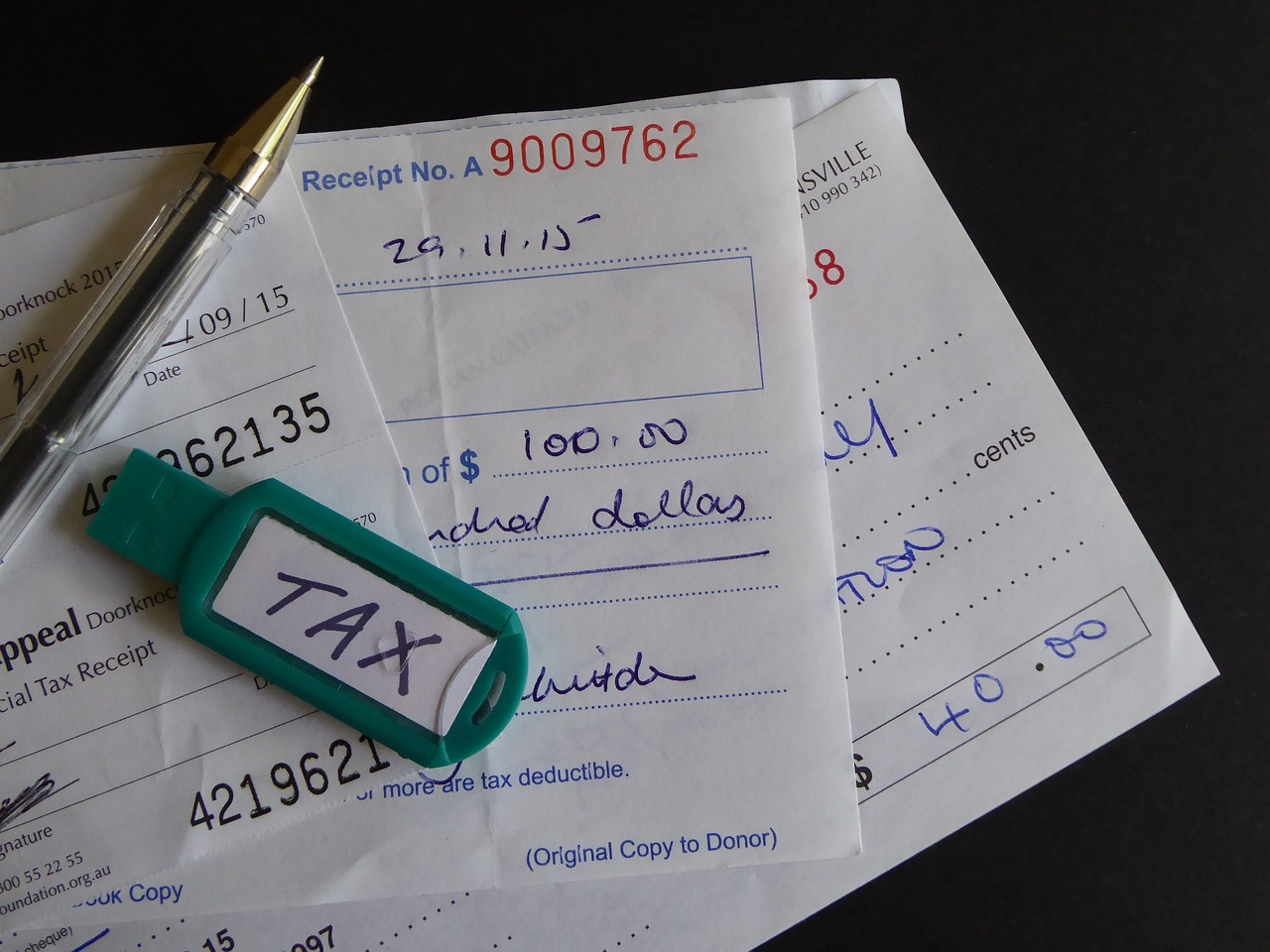

Is registration under 12A of Income Tax Act sufficient for tax exemptions for charitable organizations?
Here, we discuss the provisions of the act for that, the process one should follow as per law and recent amendments in 2022 on that.
Registrations under 12A ensures tax exemptions for NGOs, however, it is not automatic and straight through. Income Tax Act outlines the procedures to get the exemptions and it is further amended in the year 2022 to introduce some changes.
All types of NGOs may claim tax exemptions under section 11 and 12 of Income Tax Act 1961, section 11 talks about the exemptions for income for properties held for religious and charitable purposes. Whereas section 12 is applicable for the voluntary contributions or donations that an NGO receives from donors.
Conditions to get tax exemptions under section 12A of Income Tax Act
12A registered NGOs receive a tax rebate of 15% only on the condition that whatever income an NGO generates that should be reutilized into charity and welfare activities. Amount received through such rebate cannot be used for personal purpose. In simple words, the income of an NGO must be applied solely for charitable purposes and not for the benefit of the trustees or members of the organization. Moreover, some prescribed incomes* of NGOs attract tax liability that we will discuss here. It is also to be mentioned that, the NGOs must maintain proper books of accounts and get then audited annually.
Recent amendments in Finance Act 2022 and effect on Tax exemptions under section 12A
As per amendment of the Finance Act 2022, if the total income of an NGO or welfare institution exceeds the basic exemption limit (2.5L), it is required to maintain proper books of accounts and other necessary documents in such form and manner, and place as may be prescribed as per the income tax rules.
With effect from Assessment Year 2023-2024, all such NGOs book of accounts to be audited if their income exceeds the basic exemption limit.
As per the new amendments, if 85% of NGOs income is not entirely utilized towards charitable or welfare activities in a financial year, such unutilized funds becomes taxable in that Financial Year (w.e.f FY 2022-2023) unlike earlier where NGOs are allowed to carry forward the accumulated funds to be utilized in future years.
All the expenses made in a Financial Year to be paid by 31st March of that FY in order to treat such expenses ‘application of income’ in that FY.
*Prescribed incomes that will not be exempted
Specified incomes such as accumulation of funds for specific purposes, partial utilization of accumulated funds, provisions of excessive benefits to trustees or members will be taxable at a flat rate of 30%.
Voluntary contribution in the form of any property without a clear direction is liable for taxation.
Donation exceeding higher of (i) 5% of total donations received or (ii) Rs 1,00,000, where anonymous donations are received by NGOs without any legal standard record of donor – taxed at 30%.
Anonymous donations received by NGOs established wholly for religious and charitable purpose.
Thus, trusts and charitable organizations registered under section 12A of ITA should follow the procedures and rules laid down by the authority to get tax exemptions for their institution or organization if applicable.
by Team TRUSTLINK